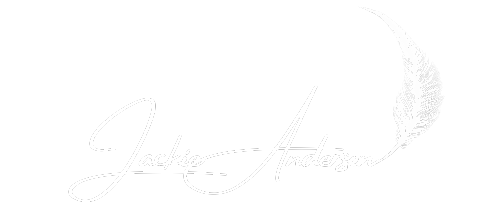Dusting Down Old Gems
Every writer has that old drawer where we’ve thrown in old notebooks and scraps of paper with scribbled, half-chewed ideas for our writing. There’s usually at least a couple of old pen drives, perhaps a rescued hard drive, maybe even some old floppy disks (ouch, my age is showing!) but it’s sitting there, gathering dust, maybe a lawyer of cobwebs, a bit of a ship’s graveyard of old, abandoned ideas, characters sketches, plot outlines, even a few doodles and a photo or two. My drawer of discarded ideas is beginning to resemble Miss Havisham’s wedding feast, although I have recently dug into it and got rid of what looked like a twenty-year old abandoned Kit-Kat.
I suppose it’s easy to dismiss these old scribblings as failures; brilliant concepts in the moment of conception, but at the time they were not deemed worthy of gestation. Or, as in my case, living the other demanding parts of my life usually took precedence and the idea was forgotten, soon to be replaced by the next, shiny new idea.
Yet, those ideas once meant something to us; they moved us enough for us to make the effort to type up some notes, or jot the idea down, or fold that scrap of paper up and seek to save it somewhere. I have a couple of sentences written on a beer mat - I found it just a few days ago and it inspired me to write this article. The actual words were so faded I could only make out a few but I still think there’s a germ of a good story in them…Perhaps, then, the greatest potential is not always to be seeking out the new and the fresh, but to revisit, rework and refresh those old ideas.
This is not about just salvaging previous effort much as you’d try to salvage some scrap metal from a building site, but about unlocking a whole new stream of creativity from that small seed of an idea that occurred to you all that time ago. New creativity sparked from the old.
Just think about it; even if years have gone by since that idea last occurred to us (I’m not going to give anything away but I’m working on an idea that has been bugging me for over four decades now), that time and experience will have evolved our understanding of the world. Our skills and our craft will have developed and grown, our early intentions as writers will have changed, our view of the world will have altered with each life event. When we dig out an idea from that dusty old repository, we will be looking at it through a completely new lens. Were the characters contrived? Were there holes in the plot? Can they be rescued? Was the research challenging in 1988 but with the internet, the information you needed is now at your fingertips? This fresh outlook can lead to unexpected, positive outcomes.
There’s more: reworking old ideas is a powerful exercise in challenging your creativity and your application of creativity to problem-solving. We look at an old idea and almost automatically start to analyse why it didn’t work the first time, or why we never followed it up. We may work out a strategy to revive it: could a shift in the point of view result in its coming to fruition, could merging one idea with another one create something alive and unique, could we rebuild from that early conceptual foundation? This very process of analysing and creating new iterations of an old idea works to strengthen our writing skills and this means that we are setting ourselves up for taking on bigger creative challenges in the future.We learn to critically analyse our own work when going over old ideas and we can do so from the distance afforded by time, objectively, the emotions linked to those ideas worn now, unable to influence our judgement.
There’s a few practical benefits too. Browsing those old ideas can often result in less time faffing around trying to avoid the blank screen - there is something already in existence to work on. An idea that was once good enough to keep, to fold into a drawer or save into a drive, with a bit of re-vision, as in literally re-envisioning the concept, could be worked, with the skills honed over time, into something exceptional. Potentially, your best-seller may be lurking in the shadows at the back of that drawer, hiding in plain sight.
I dug out an old cardboard envelope folder from the bottom drawer of a desk that I decided to tidy and declutter for the first time in years. I had forgotten it existed. It contained some forty or so draft poems from what must have been, now these poems made me look back at it, a very angst-ridden youth. They made me chuckle. Some were truly dreadful. Some indicated I should have tugged my head out of my back-side and cracked on with living, which, actually, I eventually did. But within most of them, there gleamed a little shard of potential. I might mull some of these over. You never, know, I might be dusting down an old gem, my long-forgotten pen scratchings perhaps their own treasure trove.

